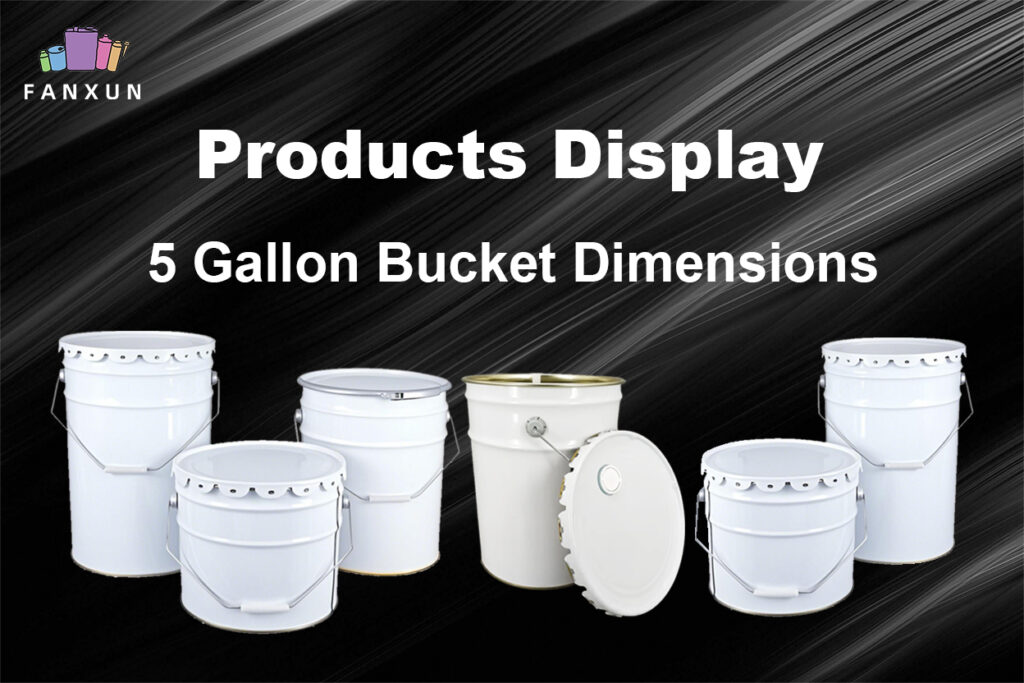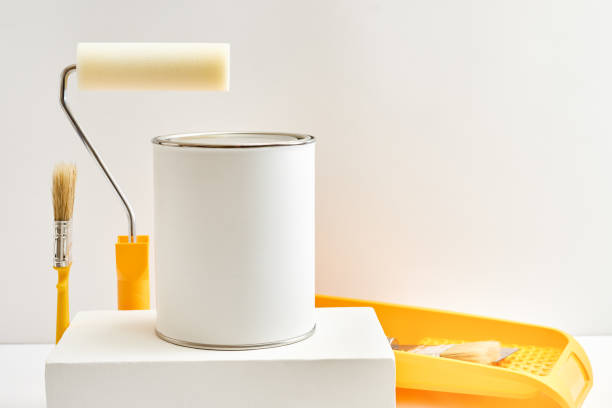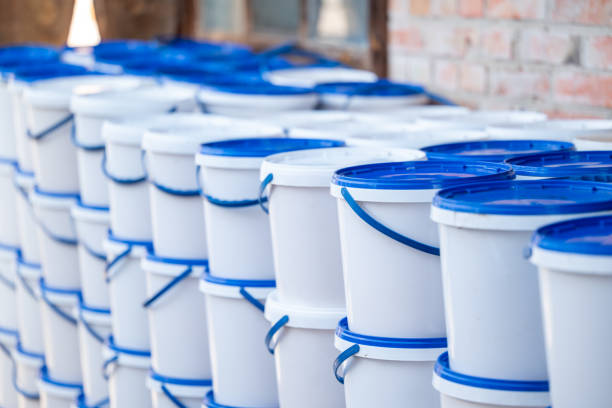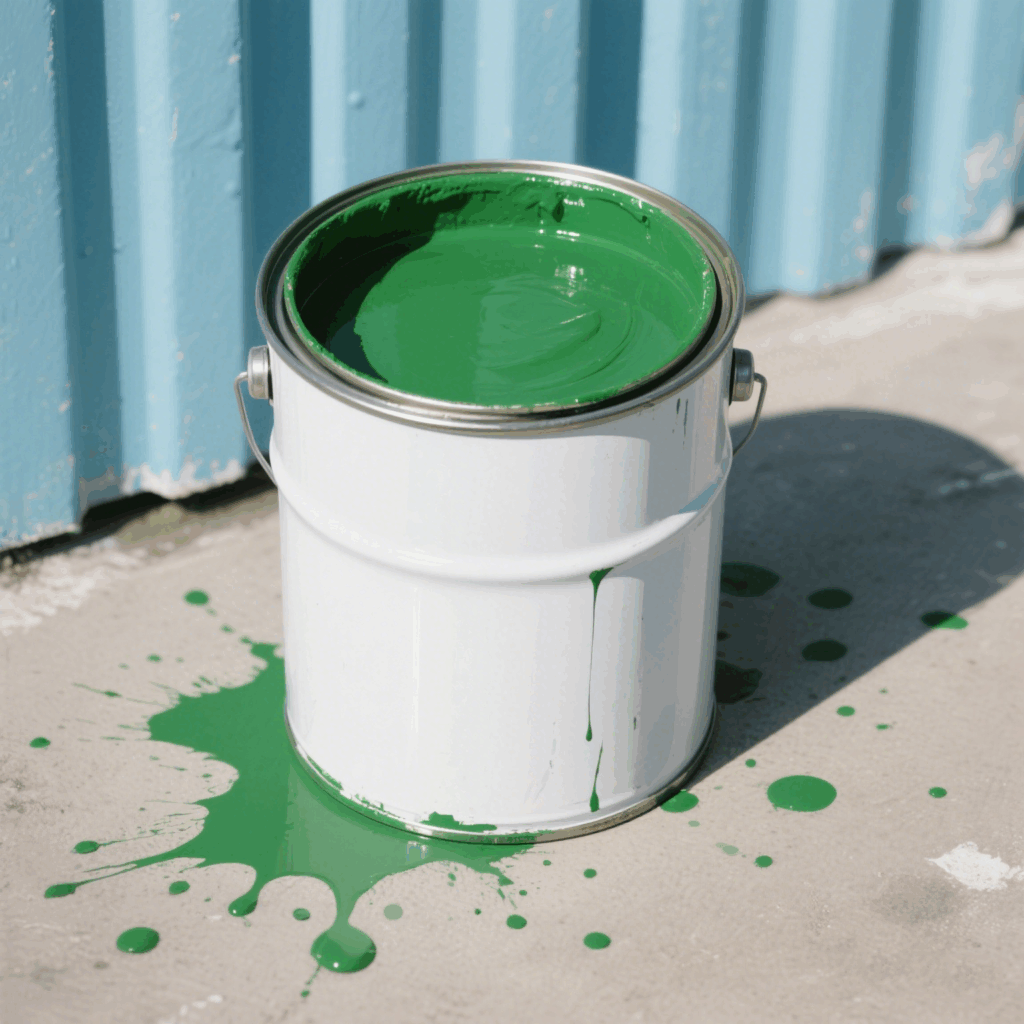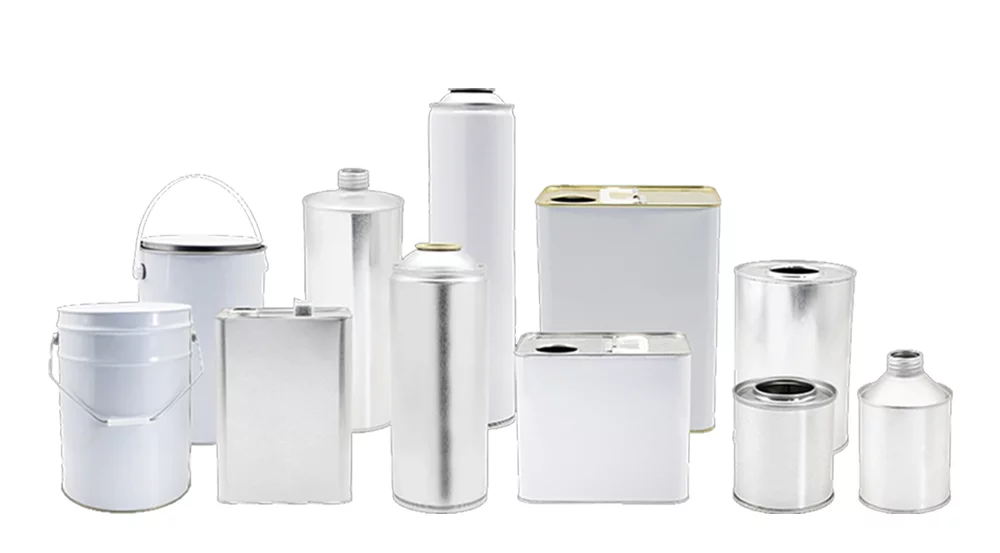From food packaging, cosmetic containers to chemical packaging, tin cans, as a very practical packaging material, have long penetrated into various industries. Many people do not fully understand the specific composition of tin cans, and many even mistakenly believe that manufacturers make “tin cans” entirely from “tin. Infatti, the materials and processes used to make tin cans are much more complicated.
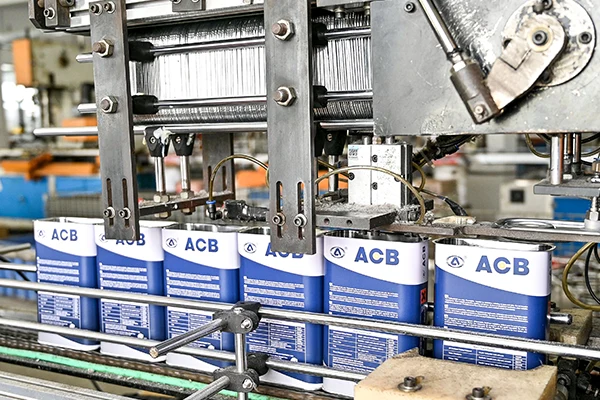
Material composition of tin cans
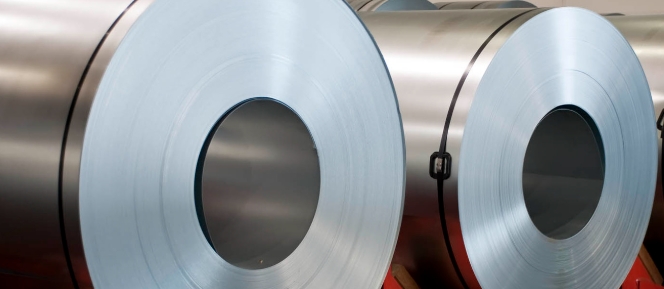
Although the word “tin” is in the name of tin cans, in fact, its main component material is not pure tin. Tin cans are typically made using tin-plated steel sheets rather than pure tin metal. The primary material in tin-plated steel sheets is iron, with a thin layer of tin coating the surface. The main function of this layer of tin is to improve the corrosion resistance of the steel sheet and prevent food and other contents from coming into direct contact with iron, thereby affecting its quality and safety.
Tinplate is a common metal material, widely used in the outer packaging of food cans, beverage packaging and some other industrial products. Its characteristics are that it can maintain the strength and toughness of the steel plate, and prevent the external environment from invading the contents. Perciò, tinplate has become the preferred material for making tin cans.
Manufacturing process of tinplate
The manufacturing process of tinplate is relatively complicated. Its production includes multiple links such as pretreatment of the steel plate, coating of tin layer, and cooling. The steel plate undergoes cleaning and rust removal to ensure a clean, impurity-free surface. It then enters the tinning furnace, where high temperatures melt the tin, coating the steel plate evenly. This tin layer provides corrosion resistance, improves oxidation resistance and ductility, making the plate ideal for canned containers.
The thickness of the tinplate and the quality of the tin layer directly impact the tin can’s durability and food preservation. High-quality tin-plated steel sheets use high-purity tin, ensuring a uniform, smooth, and durable tin layer that prevents corrosion during long-term storage.
Environmental protection and recyclability of tin cans
The most well-known application of tin cans is food packaging. Whether it is canned food, beverage cans, or condiment cans, tin cans serve a crucial role. They effectively isolate air and moisture, extend the shelf life of food, and ensure the freshness and taste of food. In the packaging of canned food, the corrosion resistance and sealing of tin cans enable food to stay fresh for extended periods at room temperature.
As a common packaging material, tin cans also increasingly highlight their environmental benefits. Unlike some plastic packaging materials, tin cans allow for recycling and reuse after use, helping to reduce resource waste and minimize environmental pollution.
The recycling process of tin cans is relatively simple. After cleaning and removing the contents, recycling plants can reprocess them to create new steel or other products. Many manufacturers of tin cans are also constantly improving their production processes to make the recycling process of tin cans more efficient and environmentally friendly.
Wide application areas of tin cans
Due to their unique material properties, tin cans have been widely used in many industries. Whether it is food, bevande, cosmetici, or industrial products and daily products, tin cans have an irreplaceable and important position.
Food packaging
The most well-known application of tin cans is food packaging. Whether it is canned food, beverage cans, or condiment cans, tin cans serve a crucial role. They effectively isolate air and moisture, extend the shelf life of food, and ensure the freshness and taste of food. In the packaging of canned food, the corrosion resistance and sealing of tin cans enable food to stay fresh for extended periods at room temperature.
Cosmetic containers
In addition to the food industry, tin cans are also widely used in cosmetic packaging. Many high-end cosmetics such as moisturizers and perfumes often use tin cans as outer packaging. Tin cans can not only effectively protect the quality of cosmetics from external factors, but also its metallic texture and unique appearance design also enhance the grade of the product.
Industrial packaging containers
The corrosion resistance and chemical stability of tin cans make it the preferred packaging container for some chemical industries, such as motor oil, lubricating oil, ecc.
Riepilogo
As a traditional packaging material, tin cans occupy an important position in modern society with their unique advantages and wide application fields. By understanding the material composition, manufacturing process and environmental value of tin cans, it is not difficult to find that tin cans not only play an important role in improving packaging quality and protecting products, but also contribute to the cause of environmental protection.















